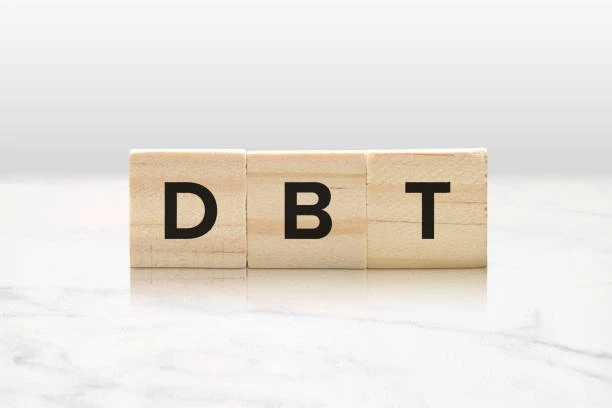Have you found yourself struggling to control moments of anger within your family- when your partner raises their voice, your kids act out or discussions turn heated? Luckily, there's help: Dialectical Behavior Therapy, or DBT, can provide individuals with the skills as well as strategies they need to effectively manage anger while also managing challenging family dynamics.
The Causes of Anger in Family
No Emotional Connection
Anger is typically caused by a lack of emotional connection within the family. When communication fails or emotions are repressed, rage might arise. For example, if family members do not communicate their thoughts or connect emotionally, misunderstandings might occur, leading to dissatisfaction and resentment.
Unrealistic Expectations
Another typical source of family conflict is having unreasonable expectations. When people seek perfection from themselves or others, they create an impossible ideal, which often leads to disappointment and anger. For example, expecting their kid to achieve in all areas while ignoring their limits may lead to stress and frustration when expectations are not realized.
Lack of Boundaries
A lack of defined boundaries within a family may sometimes lead to rage. Without clear boundaries, family members may overstep one other's limitations, resulting in arguments and rage. For example, if a parent does not respect their kid's privacy or personal space, the youngster may get angry and resentful.
Impact of Anger on Family
Anger may have long-term impacts on family dynamics, including relationships, emotional well-being, and the general environment at home.
Strained Relationships: Anger may strain family connections, causing rifts and impeding good communication. It may cause animosity, distrust, and a breakdown in familial connection.Emotional Discomfort: Living in an angry atmosphere may produce emotional discomfort for all those involved. It may cause anxiety, melancholy, and feelings of insecurity, particularly in youngsters who may not comprehend or know how to deal with such emotions. Toxic Atmosphere: Constant anger may foster a bad family environment in which stress and conflict become the rule rather than the exception. This may have an influence on everyone's mood, productivity, and general well-being.How DBT Can Help
Dialectical Behavior Therapy (DBT) is an approach combining cognitive-behavioral therapy (CBT) as well as mindfulness practices that emphasizes practical skills such as emotion regulation, distress tolerance, interpersonal effectiveness to effaciously manage extreme emotions such as anger. DBT works to address underlying problems while increasing coping capacities as well as encouraging emotional growth, making it ideal for family settings as it regulates anger more efficiently and improves overall well-being.
Mindfulness
DBT improves mindfulness as an essential skill to managing emotions such as anger. Mindfulness involves remaining present in each moment while noting thoughts as well as emotions without passing judgment and developing self-awareness. Through practicing mindfulness regularly, people may gain more awareness of triggers. This eventually helps them to respond to angry episodes more effectively and calmly.
Emotional Regulation
DBT gives effective tools for emotion regulation. This involves recognizing and categorizing emotions, understanding their role, and developing appropriate methods to express them. Instead of responding impulsively with rage, people learn to stop, ponder, and choose more adaptive solutions.
Interpersonal Effectiveness
DBT aims to improve interpersonal skills including communication, assertiveness, and boundary establishment. These abilities are essential for negotiating disputes, communicating needs and emotions, and developing stronger family connections. Individuals who acquire excellent communication strategies may eliminate misunderstandings, settle disagreements constructively, and deepen their relationships with loved ones.
Distress Tolerance
DBT provides people with techniques for dealing with difficult circumstances without turning to rage or other negative behaviors. This involves learning relaxation skills, practicing self-soothing tactics, and fostering resilience in the face of hardship. Individuals who improve their distress tolerance may better deal with adversities and retain emotional stability.
Final Insights
Finally, Dialectical Behavior Therapy (DBT) provides essential tools and practices for regulating anger in families and fostering a more calm family environment. By addressing the fundamental causes of anger, strengthening emotional control, developing communication skills, and promoting resilience, DBT helps people to overcome problems and create stronger relationships with their loved ones.
If you or someone in your family is experiencing anger, consider obtaining help from a certified life coach therapist who is trained in DBT. With the correct direction and tools, you can learn to successfully control anger, foster more understanding and empathy among your family members, and achieve long-term peace as well as harmony at home.


